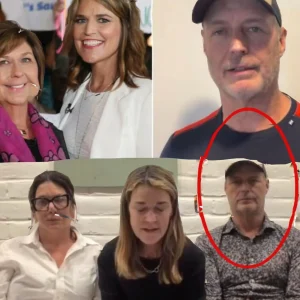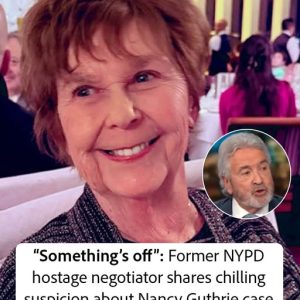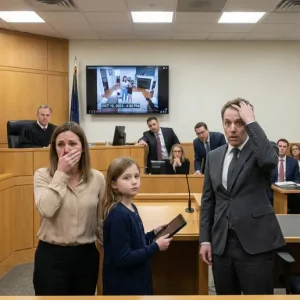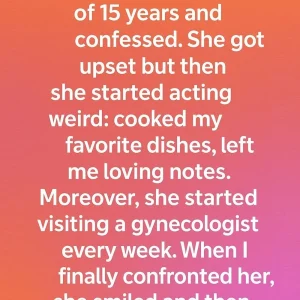I raised my stepson from age four, quietly dedicating over a decade of my life to his care and growth. At his high school graduation, he thanked “his parents” and his dad’s new wife, omitting me entirely. Despite feeling overlooked, I remained calm and supportive, clapping and smiling from my seat.
When I stood and walked toward the stage, there was a hush in the audience. I wasn’t seeking confrontation or recognition; I simply wanted him to see the quiet love I had poured into his life over the years. My intention was to acknowledge my connection with him without demanding his gratitude.
Reaching him, he froze, unsure of my purpose. I adjusted his graduation sash and whispered, “I’m proud of you. That’s all I ever wanted.” My voice reflected the weight of all the small, meaningful acts of care I had provided—early rides, bedtime stories, school projects—without expecting applause or acknowledgment.
The audience watched, anticipating drama, but I offered only unconditional love. My stepson appeared confused and perhaps guilty, yet I smiled, reaffirming that my love had never depended on recognition. It was an expression of care that existed independently of words.






